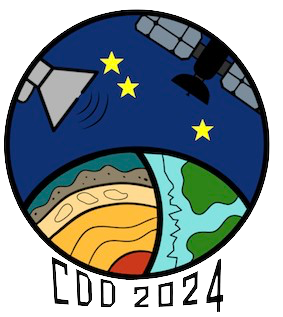Orateur
Description
Landslides are efficient erosion processes that release large volumes of sediments in rivers, posing threats to nearby population when remobilised during large flood events. Thus, understanding the dynamics and controls of landslides and quantifying the volumes involved in subsequent sediment transfer are crucial for resilient development in mountainous settings.
In this study, we use the very high standing island of Réunion (Indian Ocean) as a natural laboratory to investigate the interaction between landslides, sediment transfer and climatic forcing.
Here, we focus on studying the Grand Éboulis landslide short-term and mid-term dynamics using SAR imagery and photogrammetry. First, we computed cumulative displacement maps and time series every 12 days between 2017 and 2021. These time series reveal velocity fluctuations, including acceleration and/or deceleration episodes, correlated with extreme climatic events such as intense precipitation and drought episodes.
Second, we investigated the mid-term dynamics of Grand Éboulis, spanning from 1966 to 2011, using a series of seven Digital Surface Models. Results indicate numerous catastrophic failures in or near the steepest slopes of the landslide that experience the highest velocity gradients. The sediment volumes involved in such events range from a few tens of thousands to millions of cubic meters, predominantly released into the nearby river and transported away from the landslide.
Overall, our results suggest that the Grand Éboulis landslide is in an active mobilisation phase with a continuous slow displacement primarily influenced by extreme climatic events and with catastrophic failures that release large volumes of sediments in the nearby river.
